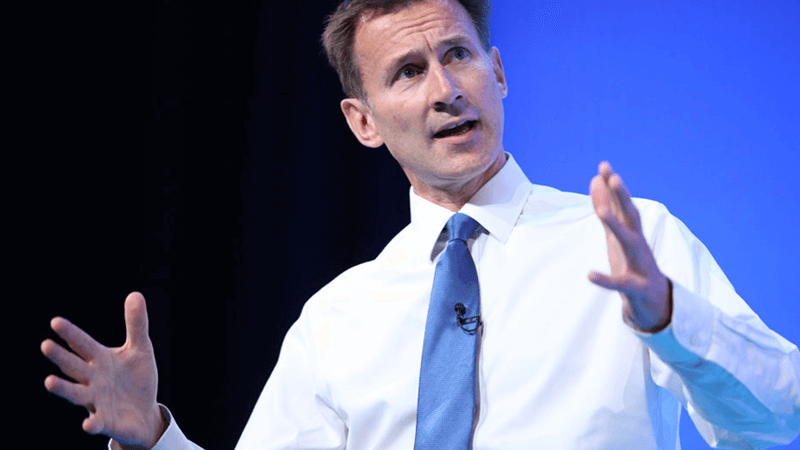Introducing an opt-out organ donation system in England won’t work, say experts.
Under Government proposals consent would be presumed, with those who object required to opt out.
Professor John Fabre, former President of the British Transplantation Society, led a chorus of critics warning that the evidence shows an opt-out approach is counter-productive.
No difference
The opt-out approach was introduced in Wales two years ago, but a recent study shows that the donation rate has actually fallen since the change.
Speaking to BBC Radio 4, Prof Fabre said it could be predicted “with a high level of certainty that it is not going to increase donor numbers in the way that we all want”.
Before implementing an opt-out system, Fabre said it is important to ask: “Does it actually make a difference?” He concluded: “It actually doesn’t”.
He said that England should instead adopt Spain’s approach of giving everyone in intensive care units the opportunity to be a donor if they are eligible, alongside running excellent public relations campaigns.
Worse
The criticism comes in response to the launch of a public consultation by Health Secretary Jeremy Hunt.
Former National Clinical Director for Transplantation Professor Chris Rudge said: “The only evidence I have seen is that it won’t make any difference and it is not the answer to the problem, but there is a risk that it may make things worse.”
Hugh Whittall, Director of the Nuffield Council on Bioethics, said he was concerned that the Government was asking how the law should be changed, rather than if it should be.
No evidence
He added: “The Government should not be making this change until there is evidence that it works, and until we are confident that it won’t undermine people’s trust in the system in the long-term.
“That evidence simply is not there yet.”
Dr Peter Saunders, Chief Executive of the Christian Medical Fellowship said: “Organ donation should be a gift, it should not be under coercion or without permission.”



